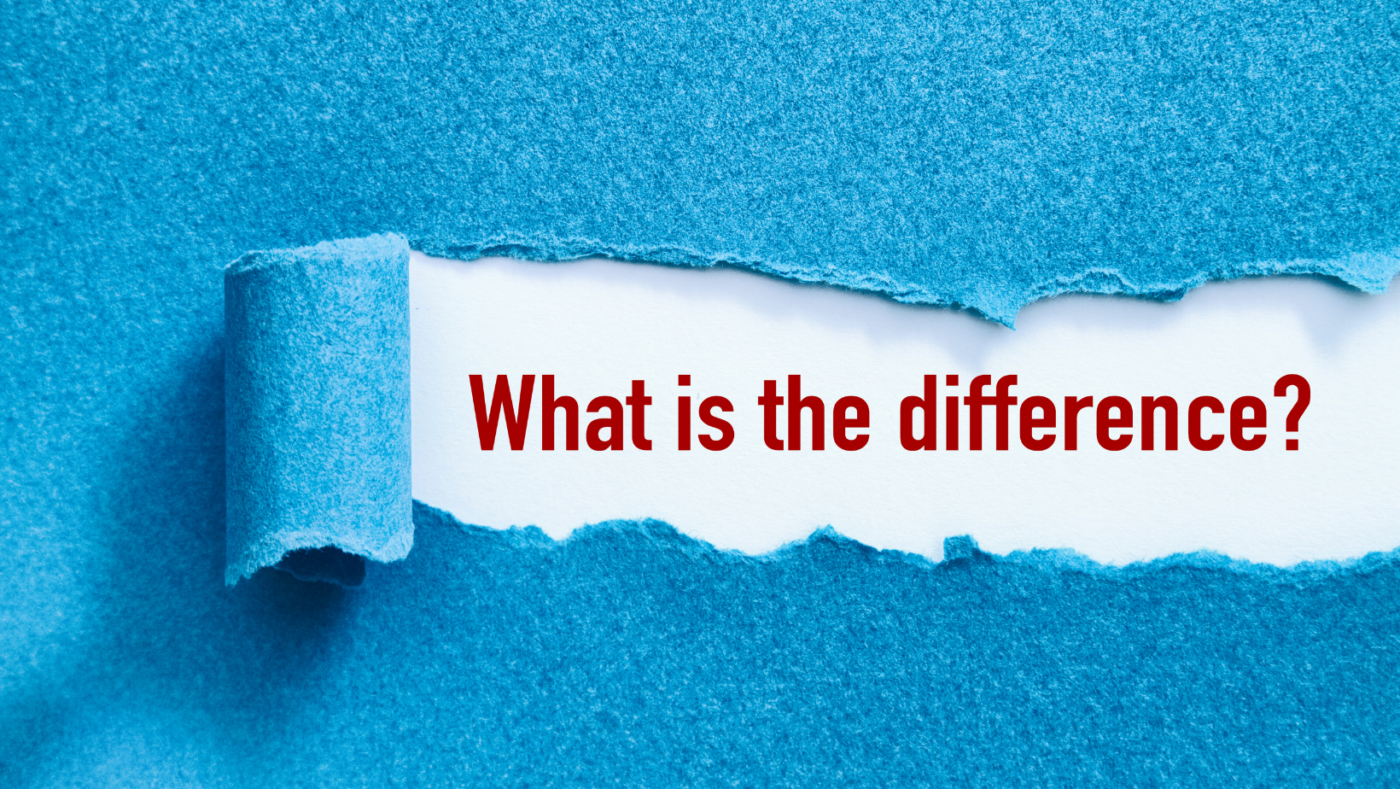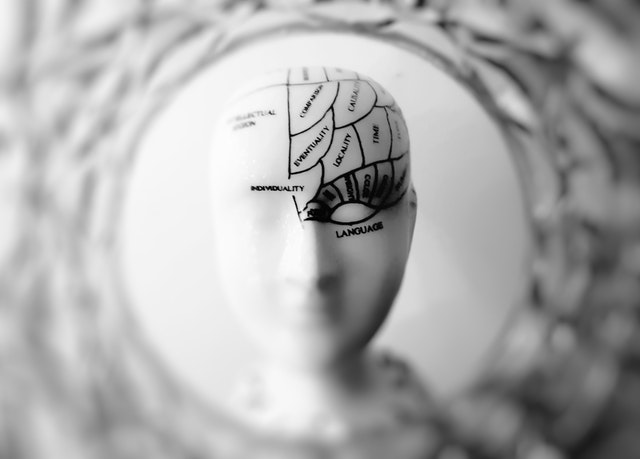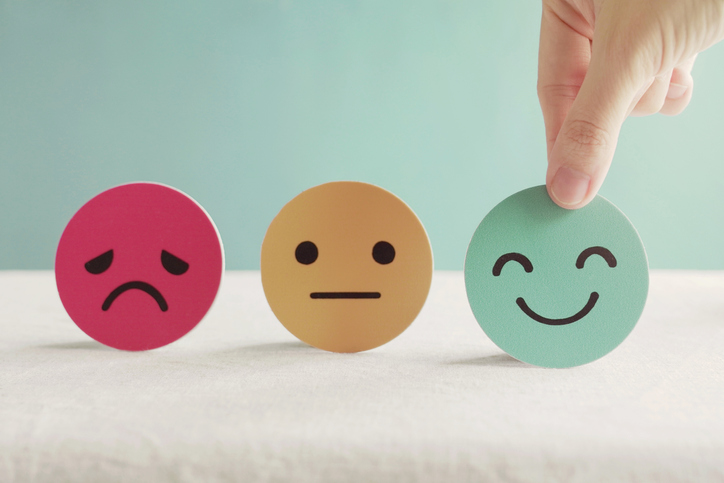Tag Archives: Question and Answers
Psychosis is often identified as a break from reality. Several factors can contribute to psychosis which includes genetics, trauma, substance use, physical illness, or mental health conditions. When armed with the knowledge to detect symptoms of psychosis, the prospect of diagnosis and subsequent treatment is made easier. Visual Hallucinations Types of visual hallucinations (VH) are […]
Hypervigilance is defined as being in a state of increased alertness and extreme sensitivity to surroundings. While increased alertness can expose hidden dangers, oftentimes these hazards are not real. The anxiety and stress of being constantly alert can have detrimental effects on your mental health. Treatment options are available to alleviate symptoms of paranoia to […]
Depression is characterized by feelings of sadness or despair that negatively affect the way you think, feel, or behave. It can have real physical and mental health implications if left untreated. According to the National Institute on Mental Health (NIMH), “In 2017, an estimated 11 million U.S. adults aged 18 or older had at least […]
A delusion of grandeur is when you believe you are something you are not like a celebrity or a supernatural figure as well as having supernatural powers. These delusions are the result of psychosis or a break from reality. Psychosis is often a defining symptom of severe mental health disorders like schizophrenia or bipolar disorder. […]
If given the news that a friend has passed away, our initial instinct may be disbelief, followed by sadness and possibly some tears. An individual who has emotional responses characterized by inappropriate affect may react inappropriately, if at all. This can be as simple as laughing in serious situations that would normally call for a […]
Emotional dysregulation is a behavioral pattern of someone who has a hard time managing powerful emotions. As stated in an article by Cambridge University, “Emotion dysregulation is defined as patterns of emotional experience or expression that interfere with goal-directed activity.” Seeking out treatment for emotional dysregulation opens the door for learning how to control your […]
Catatonia may develop in people who have schizophrenia. These are periods when someone is hardly moving or responding. If catatonia is a factor in your schizophrenia, it is important to learn about the variety of treatment options available. Risk Factors Catatonic schizophrenia means having symptoms such as no psychomotor activity, limited verbal responses, mimicking another […]
Bipolar disorder is a mental illness defined by extreme mood swings. Being on medication can help you stabilize the manic moods bipolar disorder causes. By knowing what the most effective medications for bipolar disorder are, you will get an idea of which medications will be of use to you when seeking treatment. Mood Stabilizers Lithium […]
When you are at the beginning of recovery, it is best to stay away from social situations where people are drinking. When attending social events, whether they are work-related or personal, you likely will be offered a drink or asked why you are not partaking. There are several practical reasons you can use to explain […]













